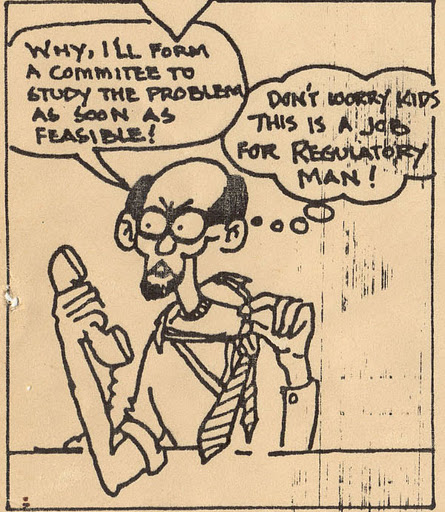Proposals Are Solicited
Series theme:
The cultural environment – that is, those aspects of the natural and
built environment to which human beings ascribe cultural significance – tends
to be compartmentalized for purposes both of research and of management. Archaeologists study the leavings of past
cultures; cultural anthropologists and sociologists study living cultures;
architectural historians study old buildings.
Historic buildings and archaeological sites get attention in land
management, urban planning and environmental impact assessment; most other
aspects of the cultural environment do not.
This
series aims to promote a more holistic approach to understanding and
characterizing the cultural environment.
It also seeks to explore why and how the cultural environment can be and
should be conserved in the contexts of democracy, cultural diversity,
globalization, economic development, environmental justice, sustainability, and
national/ international law.
Subthemes:
Volumes are solicited addressing subthemes like the following:
·
Cultural
Justice –
seeking ways to ensure that the cultural environments of indigenous, minority,
and low-income communities are not disproportionately impacted by economic
development, land management, and other contemporary activities.
·
Critiques
of existing
governmental and industrial methods of addressing the cultural environment writ
large and with reference to specific aspects, generally with reference to the
need for cultural justice.
·
Little-considered
aspects
of and impacts on the cultural environment
·
Examples
of aspects: Culturally significant
animals, plants, landscapes, viewsheds, traditional land uses, property rights,
neighborhood and community character.
·
Examples
of impacts:
o
Impacts
of “green” energy development on culturally valued landscapes, plants, animals,
viewsheds;
o
Impacts
of endangered species protection on cultural practices, land uses, and cultural
uses of wildlife;
o
Impacts
of official historic or other special designation on traditional uses of the
cultural environment;
o
Impacts
of deep-ocean fishing and other commercial activities on historically and
culturally important shipwrecks;
o
Impacts
of war-fighting and military intelligence on local cultural systems and their
environments.
Format:
Relatively short (150-200-page) books, clear, straightforward prose,
minimal jargon. Lots of latitude for
authors as to structure, but a general outline might be:
·
Introduction
– What is the book about?
·
The
main issues or problems
·
What
is and isn’t being done about the issues or problems?
·
What
should be done about them? In what
contexts?
·
Further
reading
o
Up
to ca. 12 photos and/or figures (maps, etc.), up to ca. 8 tables.
Target audiences:
·
Graduate
students in anthropology, geography, sociology, environmental studies.
·
Practitioners
in cultural resource management, historic preservation, environmental impact
assessment.
·
Government
officials and policy makers in heritage, environmental, cultural, land
management, and urban/regional planning agencies.
What We Need From You:
·
a cover letter
·
a prospectus including
a description of your proposed work and its intended audience, the length or
anticipated length of the manuscript, the number or anticipated number of
illustrations, and the anticipated date of completion if your work is still in
progress
·
a table of contents
·
competition, if any
(author/title/year) and how your book differs from competitors
·
a list of potential
peer reviewers with whom you do not have a close relationship
·
a resumé or curriculum
vitae (if an edited work, please include brief bios of contributors).
·
If available, also
send an introduction and/or a sample chapter or two.
Contact: Tom King at tomking106@gmail.com
Postal
address: 410 Windsor
Street, Silver
Spring, MD 20910, USA
